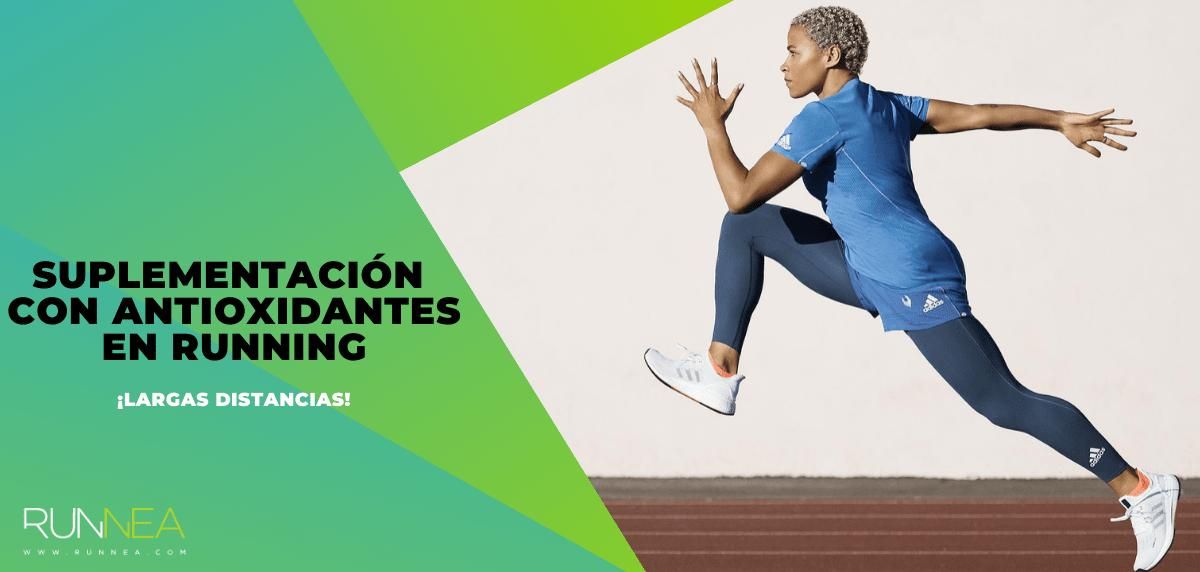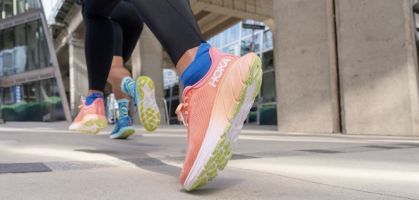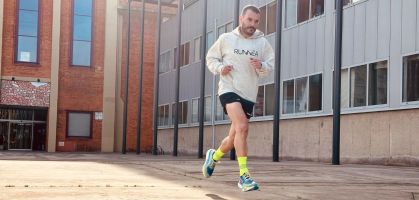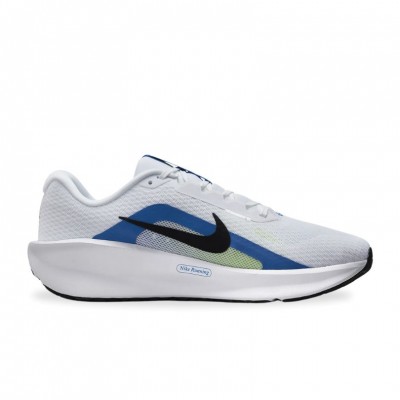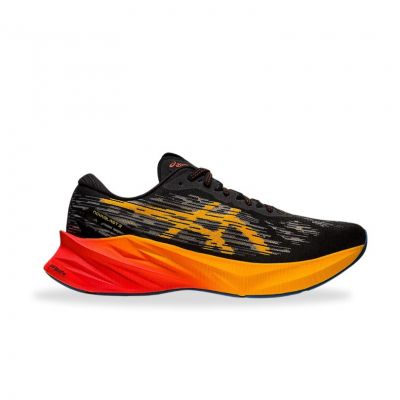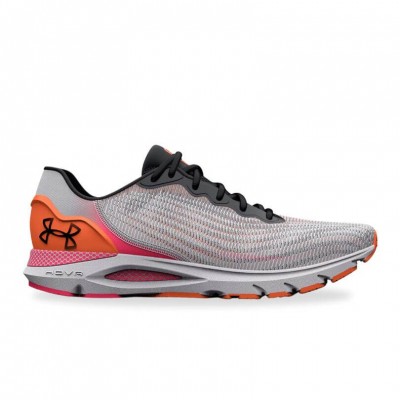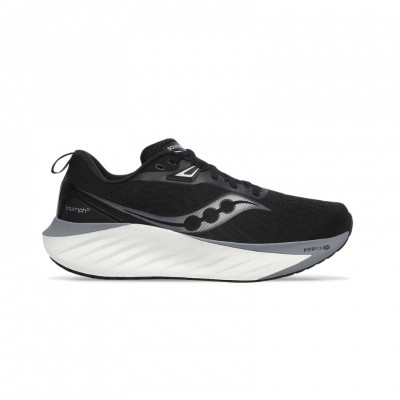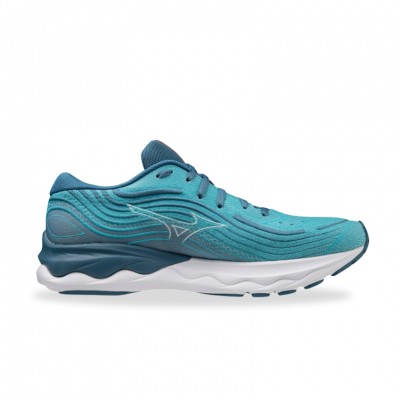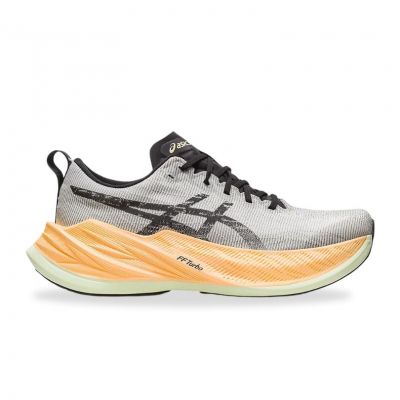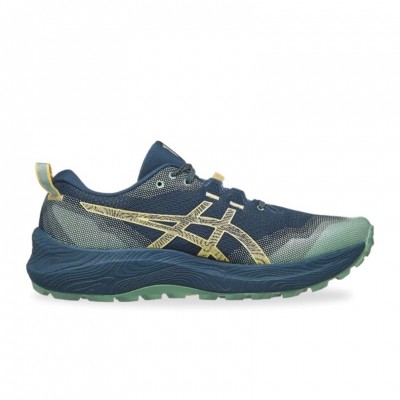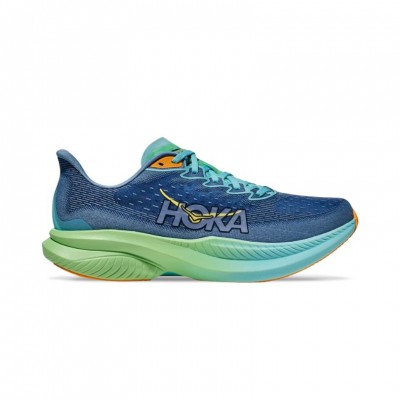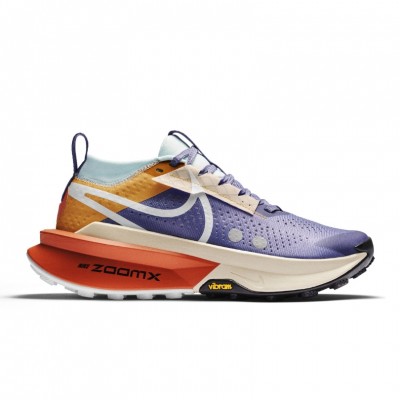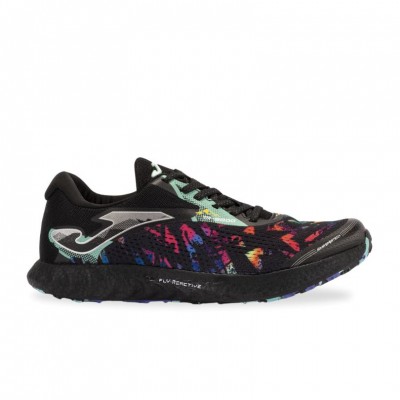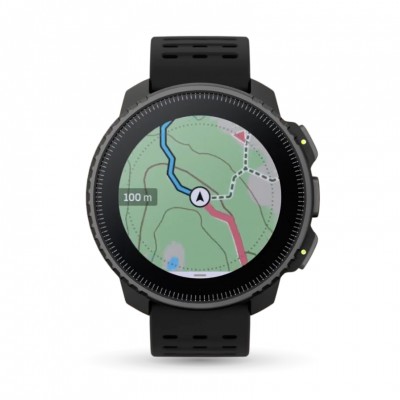Physical exercise has innumerable benefits on the different systems of our organism, in addition to reducing the risk of suffering from various chronic diseases (type 2 diabetes, cardiovascular diseases, etc.). One of the organs that benefits most from training is the skeletal muscle. And yet our muscles will also "suffer" in some way. We are going to talk about the oxidative stress of our muscles mainly associated with aerobic exerciserunning, trail or triathlon).
Through training we promote stimuli that will make our muscle fibers have to adapt to the type and magnitude of the stimulus, roughly speaking, in this way we will improve our sports performance, being able to withstand more and more stress.
Why does muscle damage due to oxidative stress occur?
This stress is multifactorial, our muscles will undergo different "stressors" during exercise, two of the most important ones, and which are of most interest to the scientific community, are reactive oxygen species (ROS) and reactive nitrogen species (RNS) (Powers & Jackson, 2008).
Traditionally, it has been thought that during physical exercise, especially aerobic exercise, oxidative stress occurs and can alter the functional capacity of muscle (Merry & Ristow, 2015). This thinking, in which oxidative stress outweighed the antioxidant capacity of the muscle, has led to the belief that both ROS and RNS generated during exercise lead to damage at the muscle level and a negative effect on health.

As a consequence of the above idea, antioxidant supplementation has become widespread among a multitude of athletes. The idea is simple:
If I generate more ROS than I am able to neutralize, by increasing the intake of antioxidants I try to mitigate the harmful effects of ROS and RNS, or at least minimize them. However, indiscriminate use of antioxidants can have the opposite effect to what we want to have by consuming them (Merry & Ristow, 2015).
Antioxidant supplementation...yes or no?
ROS and RNS molecules serve as messengers to stimulate the regulation of multiple physiological processes, from insulin sensitivity, mitochondrial biogenesis, vasodilation, to increased immune response, among others (Grodstein et al. 2013). In turn, a supplementation with antioxidants can negatively influence the body's ability to cope with these molecules, reducing the antioxidant capacity of exercise against ROS and RNS (Merry & Ristow, 2015).
- You may beinterested in: What do I do after finishing a race?
On the other hand, one of the main objectives of the use of antioxidant supplements is precisely to reduce the potential damage induced by these molecules, improving recovery, minimizing muscle damage and fatigue. A recent systematic review by Martinez-Ferran et al (2020) showed how supplementation with vitamin C and/or E may be associated with less muscle damage after exercise. However, due to the heterogeneity of the intake protocols (days of intake and doses), the results were inconclusive.

ROS and RNS are associated with muscle damage and decreased performance, but the truth is that they are essential to generate adaptations and improve our performance. Taking supplementation with antioxidants may reduce the adaptations we are looking for in training, so it is necessary to be very clear about the need to take this type of supplements.
Antioxidant supplementation in long-distance events: marathon, triathlon or ultras.
Consequently, there is not enough scientific evidence to support the use of antioxidant supplementation in popular athletes in a systematic way. It is possible that in very long duration events (marathon, ultras, raids, etc.), and on an occasional basis, their use may make sense to improve recovery after exercise, but never as an aid to directly improve our performance.
This way of using antioxidants can be very interesting to reduce muscle damage, product of a very demanding competition or training. A supplementation, punctual and not continuous, during the competition can reduce the muscular damage and improve the recovery of the athlete.

Bibliographic references
- Powers SK & Jackson MJ (2008). Exercise-induced oxidative stress: cellular mechanisms and impact on muscle force production. Physiol Rev. 88, 1243-1276.
- Grodstein F, O'Brien J, Kang JH, Dushkes R, Cook NR, Okereke O, Manson JE, Glynn RJ, Buring JE, Gaziano M & Sesso HD (2013). Long-term multivitamin supplementation and cognitive function in men: a randomized trial. Ann Intern Med. 159, 806-814.
- Martinez-Ferran, M., Sanchis-Gomar, F., Lavie, C. J., Lippi, G., Pareja-Galeano, H. (2020). Do Antioxidant Vitamins Prevent Exercise-Induced Muscle Damage? A Systematic Review. Antioxidants. 9, 372; doi:10.3390/antiox9050372.
Resource photos: adidas News.
Read more news about: Running News
